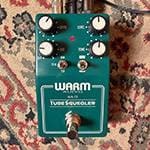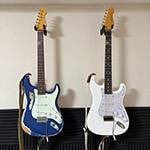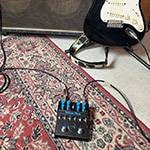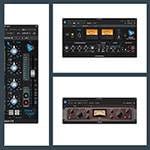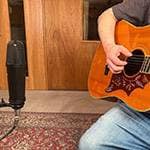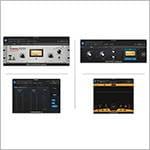Jeff Lorber, a master of classical keyboards, naturally excels on the Rhodes piano as well
This is the fourth part in my special series on Fender Rhodes Electric Piano players.
The featured keyboardist this time is Jeff Lorber.
Jeff Lorber, born in 1952 in Philadelphia, USA, is a jazz fusion keyboardist, composer, and music producer.
His signature funky sound and unique chord voicings create a one-and-only melodic line that has earned him widespread popularity.
After graduating from Berklee College of Music, he formed his own musical unit, Jeff Lorber Fusion, in 1977. His innovative and striking sound, making full use of synthesizers and other electric keyboard instruments, gained strong support from music enthusiasts of the time.
From the very beginning of his career, Lorber was known as a skilled Fender Rhodes Electric Piano player, using the Rhodes piano on almost all of his albums.
In 1982, he put Jeff Lorber Fusion on hiatus and debuted as a solo artist with It’s a Fact. There was a period when he didn’t release any leader albums, but he remained active, producing for Michael Franks and collaborating with Herb Alpert, among others.
In 2010, he revived Jeff Lorber Fusion and returned to the forefront of the music scene, continuing his musical journey.
Additionally, his band has been a launching pad for popular saxophonists like Kenny G and Dave Koz.
■ Recommended Album: Jeff Lorber & Chuck Loeb - BOP (2015)
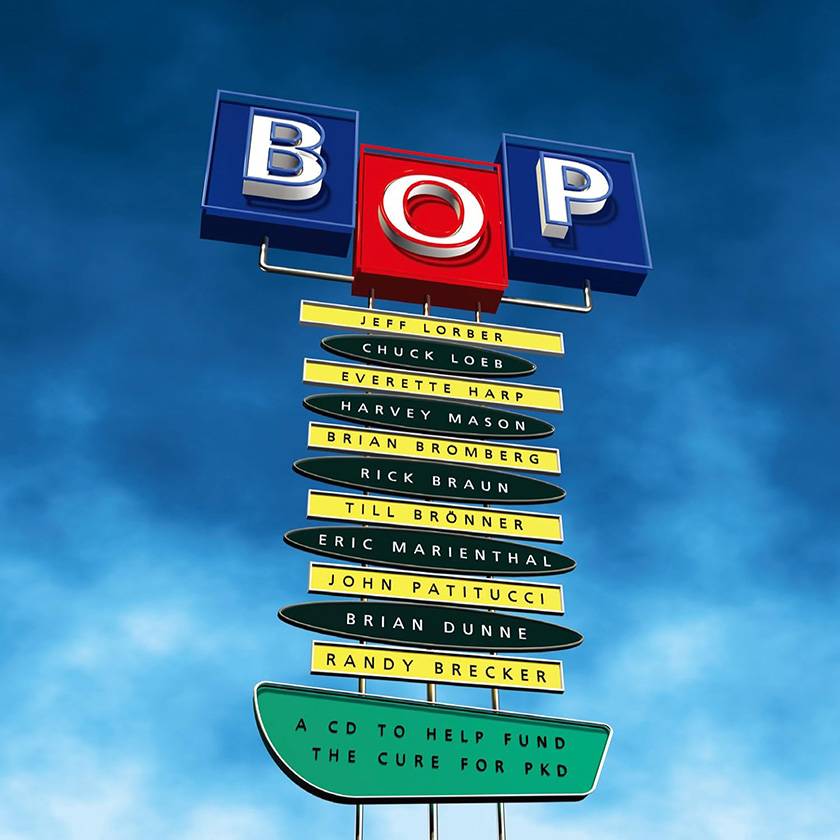
In 2015, Jeff Lorber teamed up with his longtime friend, guitarist Chuck Loeb, to release a jazz album.
The tracklist consists entirely of jazz standards, including Thelonious Monk’s “Straight, No Chaser” and “’Round Midnight”, the Latin jazz classic “A Night in Tunisia”, Charlie Parker’s “Donna Lee”, and Sonny Rollins’ “St. Thomas”.
The album features an incredible lineup of first-call jazz and fusion musicians: Chuck Loeb (guitar), Jeff Lorber (keyboards), Harvey Mason (drums), Brian Bromberg (bass), John Patitucci (bass), Randy Brecker (trumpet), Till Brönner (trumpet), and Eric Marienthal (alto sax).
With such an outstanding lineup, it’s almost surprising that an album like this hadn’t been released earlier. One possible reason is that jazz standards are rarely played on electric piano instead of acoustic piano. Moreover, it’s highly unusual to have an entire album composed solely of famous jazz standards performed exclusively on a Fender Rhodes.
When Chick Corea used a Fender Rhodes Electric Piano in Return to Forever to develop his unique jazz style, it sparked both praise and criticism.
However, Chick performed only original compositions in that setting rather than jazz standards.
Jazz has long been associated with the idea that it should be played on acoustic instruments, both by musicians and listeners.
While some electric jazz albums include one or two standard tracks, it’s almost unheard of to have an entire album of standards played on a Fender Rhodes instead of an acoustic piano.
Looking at the album credits, Jeff Lorber is usually listed as playing keyboards, but on this album, he is explicitly credited with Rhodes. This is a clear statement of Lorber’s artistic vision and dedication to the Fender Rhodes. And to top it off, the entire album is played in a four-beat swing style—a move that some jazz purists might consider sacrilegious. Many jazz lovers might frown upon it, calling it unorthodox!
Miles Davis famously incorporated the Rhodes piano in albums like Bitches Brew and Filles de Kilimanjaro. Perhaps Lorber shares the same forward-thinking spirit that Miles had.
For me, however, this album felt refreshing.
Jazz has traditionally been associated with dark, heavy nights, often accompanied by the lingering smoke of cigarettes and the scent of drugs. That, too, is an essential part of jazz’s charm.
But when played on a Rhodes piano, the heavy atmosphere seems to dissipate, transforming into a clean and healthy sound. Perhaps I’m exaggerating, but it felt as though straight-ahead jazz had morphed into something from an entirely different category.
In recent years, many musicians have started to view electric instruments like the Hammond organ and Rhodes piano as more akin to acoustic instruments. Lorber likely belongs to that school of thought.
Unlike many modern artists, he avoids sampling-based or digital synthesizers, instead sticking to Rhodes piano, acoustic piano, Hammond organ, and analog synthesizers like the Minimoog. His approach to phrasing reflects his unique stylistic preferences.
I had the chance to see Jeff Lorber perform live in 1987, and his stage setup was truly overwhelming.
A mountain of cutting-edge digital synthesizers—Yamaha DX7, Roland D-50, Korg M1, Emulator II—stacked high, with the entire band locked into rhythms dictated by a LinnDrum machine. It was a performance where humans played to match the machines.
Recommended Song: “Donna Lee”
A notoriously difficult piece known for its rapid-fire phrases, Donna Lee was popularized by Jaco Pastorius’ solo album.
Lorber’s Rhodes piano follows the traditions of four-beat jazz, delivering solid comping (chordal backing) and straightforward, classic jazz phrasing in the improvisational sections. The format is pure jazz—the only difference is the instrument: Rhodes instead of acoustic piano. Lorber’s playing is light and agile, seamlessly weaving in classic jazz phrases while maintaining an exhilarating sense of speed.
Does the Rhodes piano sound out of place in this jazz setting? Not at all. However, the overall mood of the piece does shift in an interesting way.
Perhaps Lorber was fully aware of this change and intentionally experimented with this format.
Recommended Song: “Giant Steps”
John Coltrane’s notoriously complex composition, Giant Steps, is tackled with immense energy. John Patitucci lays down a powerful four-beat groove, playing acoustic rather than electric bass. The first soloist is guitarist Chuck Loeb, who glides smoothly over the intricate chord progressions. Next up is Jeff Lorber, delivering a Rhodes piano solo that is both light and fluid, yet firmly grounded in the jazz tradition. Randy Brecker’s trumpet solo is another highlight of the album.
Given the lineup, one might expect a fusion-style approach, but this is unmistakably straight-ahead jazz. Lorber’s Rhodes piano performance proves that he fully understands traditional jazz and is simply expanding upon it.
Musicians, Albums, and Recommended Tracks Featured in This Article
- Artists: Jeff Lorber, Chuck Loeb, John Patitucci, Randy Brecker, and others
- Album: BOP
- Recommended Tracks: “Donna Lee”, “Giant Steps”
The “sound & person” column is made up of contributions from you.
For details about contributing, click here.






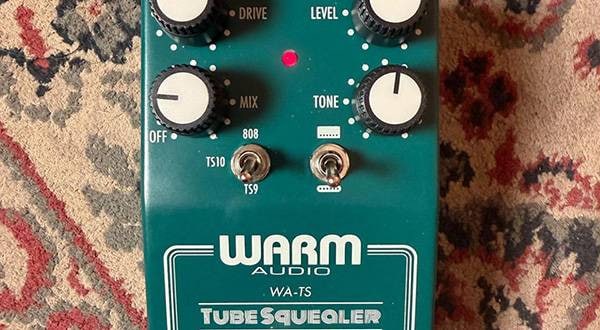
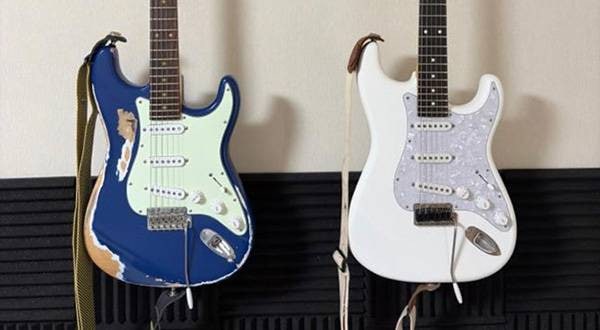
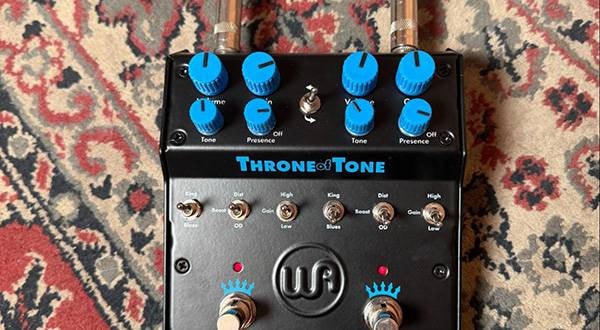
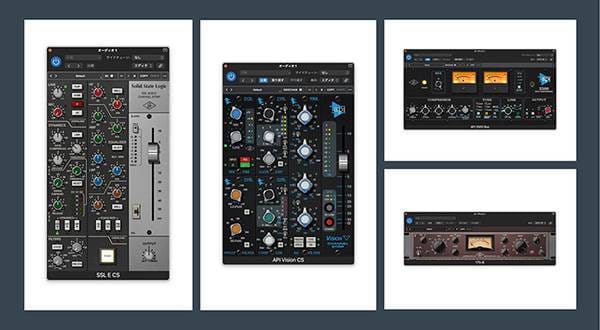
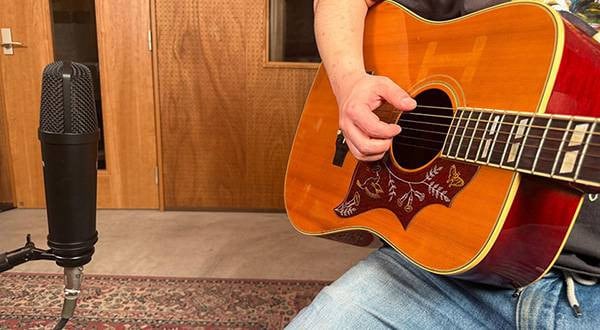

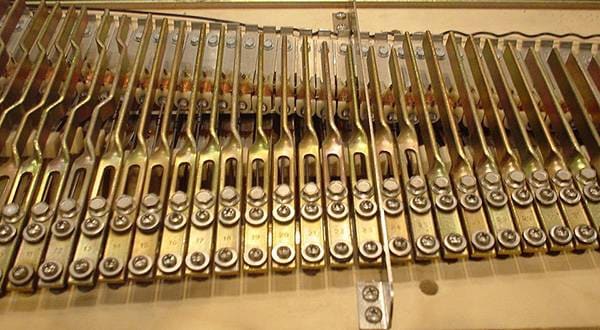

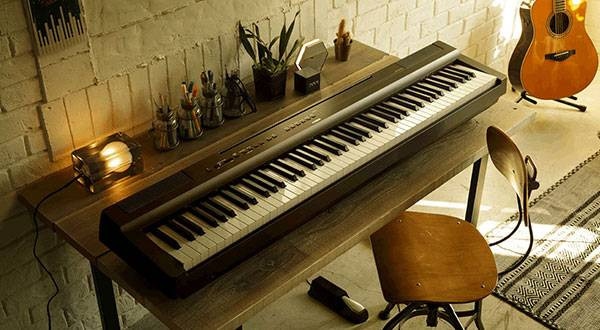
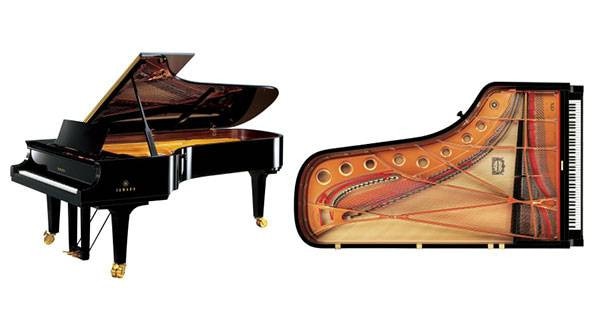
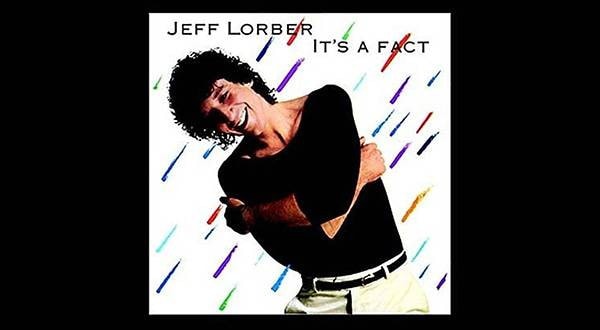
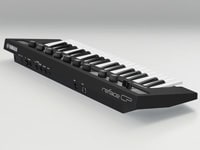 エレクトリックピアノ 入門ガイド
エレクトリックピアノ 入門ガイド
 シンセサイザー 入門ガイド
シンセサイザー 入門ガイド
 電子ピアノ デジタルピアノ 入門ガイド
電子ピアノ デジタルピアノ 入門ガイド
 ステージピアノ 入門ガイド
ステージピアノ 入門ガイド
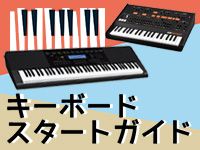 キーボードスタートガイド
キーボードスタートガイド
 キーボード・ピアノ講座
キーボード・ピアノ講座
